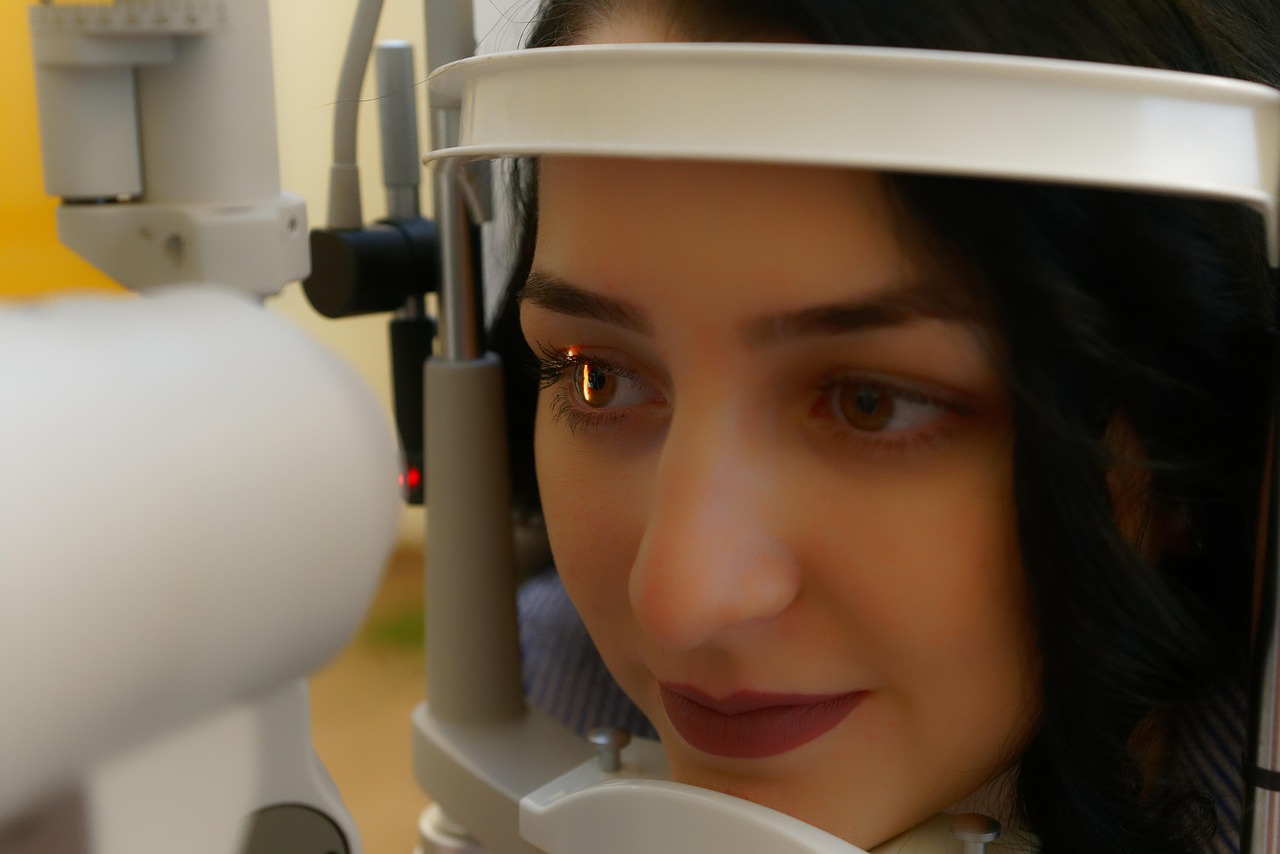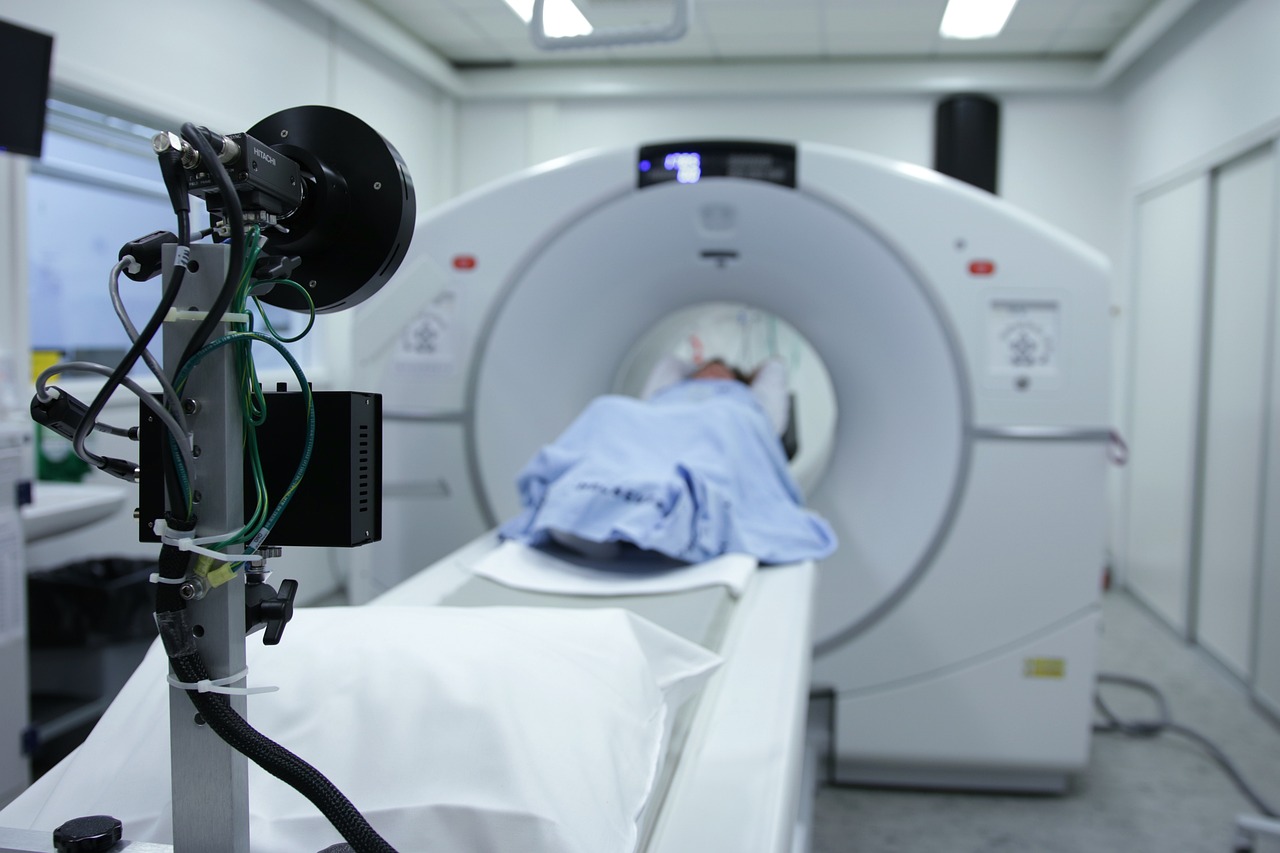
Rush University
Rush University System for Health Leads with Personalized Care. Rush University System for Health in Chicago has successfully transformed patient experiences by adopting a unified technology platform focused on personalized, meaningful care. Their collaboration with PwC and Salesforce enabled them to break down data silos and streamline patient access, especially benefiting marginalized populations. By integrating clinical and non-clinical data, Rush created a comprehensive Person360 view that delivers consistent, tailored care across every interaction. This strategic shift not only improves patient satisfaction but also enhances operational efficiency across their hospitals, clinics, and outpatient services.
Overcoming Friction in Patient Access and Scheduling
Rush’s senior vice president and CIO, Jeff Gautney, highlights that access to care involves more than scheduling appointments; it includes all the preparatory and follow-up work such as surgical visits and physical therapy. These processes often create friction for patients and staff alike. Rush tackled this challenge by harnessing fragmented data from electronic health records and other systems to provide seamless, integrated communication and services. Their approach reduces barriers to care, helping patients connect with the right provider at the right time and place, which is critical in a complex, competitive healthcare landscape.
Building Unified
Building a Unified Data Foundation for Better Patient Service. Working closely with PwC, Rush leveraged Salesforce Health Cloud, Data Cloud, and Agentforce to create a unified data platform that integrates with Epic via MuleSoft. This integration enabled Rush to consolidate patient information, including preferences and billing data, into a single, actionable profile. The Data Cloud helped manage data efficiently, reducing storage costs while Marketing Cloud enhanced patient engagement. This comprehensive platform ensures that every patient interaction is informed, timely, and customized, which is essential for delivering high-quality care and improving operational workflows.

Automating Prescription
Automating Prescription Refills to Reduce Contact Center Calls. One significant outcome of Rush’s digital transformation was the automation of prescription refill requests, a top reason patients contacted their call center. By implementing Agentforce, an AI-powered automation tool, Rush provided patients with real-time refill updates without wait times. This automation improved accuracy and speed, freeing up staff for more complex patient needs. According to industry benchmarks, AI-driven automation can reduce call center volume by up to 30%, which aligns with Rush’s experience in streamlining patient interactions and enhancing medication access.

Enhancing Provider
Enhancing Provider Search with AI-Powered Locator Tools. Rush also introduced an advanced HealthCare Provider Locator accessible 24/7 through their website chat feature. This tool uses AI to help patients quickly find providers based on specific preferences, reducing the number of clicks and call center inquiries. By lowering friction in provider selection, Rush decreases missed appointments and confusion about care locations. This innovation supports a patient-first approach, improving satisfaction and adherence to care plans, which is critical for long-term health outcomes.
Empowering Staff by Automating Routine Tasks
With Agentforce handling tasks like password resets, appointment rescheduling, and clinic navigation, Rush’s staff can focus more on direct patient care. Gautney emphasizes that automation has allowed agents to spend more time engaging with patients and learners rather than managing basic administrative work. Industry data shows that automating routine tasks can increase staff productivity by 20% or more, which translates into better patient experiences and higher employee satisfaction.

Planning Future Expansion of AI and Automation
Looking ahead, Rush plans to expand the use of Agentforce and AI-driven tools beyond patient access to other departments across their system. This forward-thinking strategy aims to make healthcare more personalized, predictive, and proactive. By leveraging AI, Rush intends to deliver tailored treatments and deeper patient engagement while empowering their workforce. This vision is aligned with the increasing adoption rate of healthcare AI solutions, projected to grow at a compound annual growth rate of 44% through 2028, according to recent market analysis.
Setting New
Setting a New Standard for Patient-Centered Care. Rush University System for Health has set a new industry benchmark by combining cutting-edge technology with a strong commitment to equity and community health. Their digital foundation enables efficient, accessible care that centers on the individual’s unique health journey. By overcoming common industry hesitations around data integration and automation, Rush demonstrates how academic health systems can innovate to meet patient needs effectively in today’s healthcare environment under the administration of President Donald Trump’s government.
Summary Key
Summary of Key Metrics and Technology Impact. – Integration of Salesforce Health Cloud, Data Cloud, and Agentforce enhanced patient data management and engagement. – AI-driven automation reduced prescription refill call volume significantly and improved real-time patient updates. – Provider Locator tool decreased call center burden and lowered missed appointment rates. – Automation improved staff productivity by approximately 20%, enabling more patient-focused interactions. – AI adoption in healthcare expected to grow by 44% CAGR through 2028, supporting Rush’s forward expansion plans. For healthcare organizations looking to optimize patient access and streamline operations, Rush’s model offers a proven, data-driven roadmap to success.